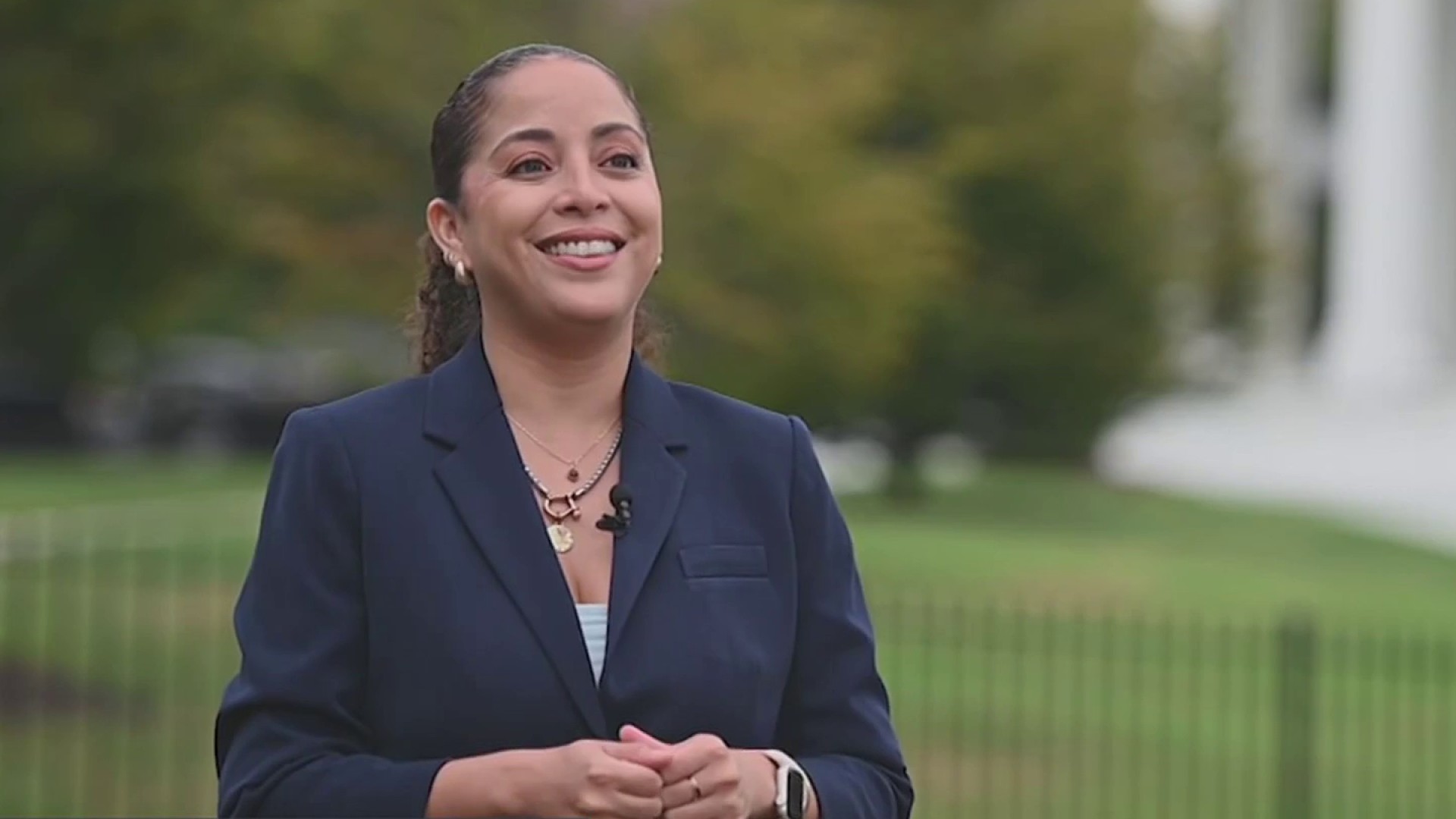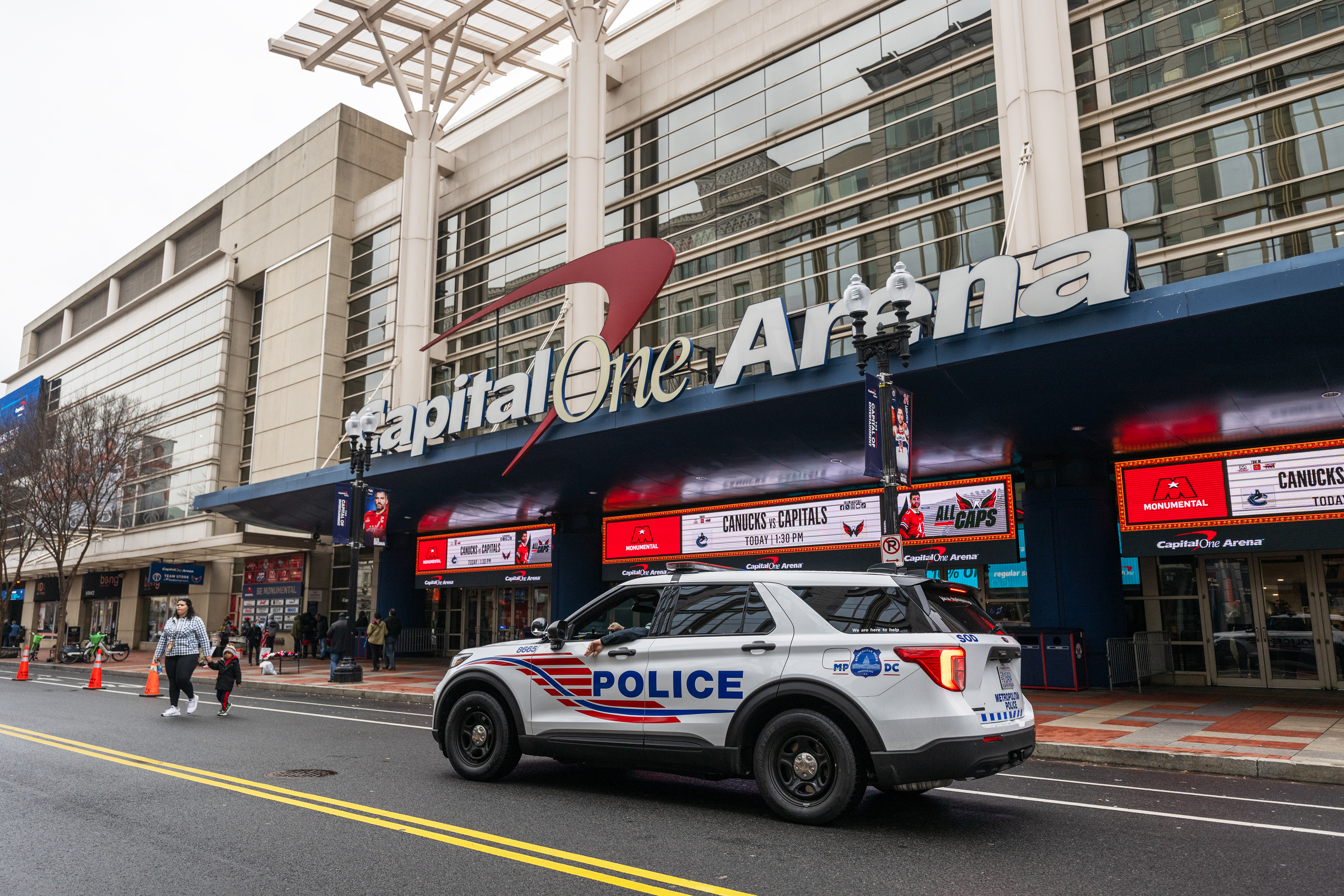Every election year in D.C., it’s not just the offices on Pennsylvania Avenue that can change hands. So, too, can the homes in the local real estate market.
In January, when a new president and new lawmakers are sworn in, new White House staff and congressional aides will come with them. That means new prospective homebuyers — but with interest rates still above 6% and the rental market up a quarter, will we see more buying or renting?
"It's a big misconception, generally, that there's just this humongous seismic shift in Washington when administrations change, in housing," said Daniel Heider with Heider Real Estate and TTR Sotheby’s.
He said we can almost bank on seeing a rise in the rental market.
"Folks think that every time, you know, an administration turns over that, you know, there's just a mass exodus and a ton of new people coming in that are supporting the federal government," Heider said. "For the most part, the staffers that are working for, you know, a lot of the government organizations, these are not folks that are in a position to just come in and purchase real estate off the bat."
"They want to familiarize themselves with the area," he said. "They also don't know if they're going to be in the area for the next four years ... so there's a lot of uncertainty."
According to the National Association of Realtors (NAR), which has been tracking real estate trends in election years since the '80s, presidential elections have a positive effect on the housing market nationwide. But the impact is even more significant in the D.C. metro area, with a 10% increase in home sales the year after an election.
"Election or not, interest rates come down. We're going to see consumer confidence go up," Heider said. "We're going to see affordability go up. And that is going to change our market in a big way. We expect a big fall market. And I think following that, we're going to see a big spring market as well."
With the Washington Capitals and Wizards staying downtown after all, and crime on a downward trend, Axios reports a renewed interest in properties downtown.
But while housing inventory is increasing, it's still tough out there. In addition, NAR finds that median home prices in the D.C. area increase by an average of 5% percent the year after an election.
And, if you're wondering what people working in the White House will buy up, Heider says the 2016 election and the cabinet of high-ranking notables with deep pockets was the exception, not the norm.
"If we look at the past for what was the Trump administration, we saw a big climb in our very high-end luxury market," Heider said. "They were already used to major metropolitan markets like New York, like San Francisco, like Miami, where their neighborhoods, you know, saw $10-, $20-, $15-, $50-million homes all day long. You come to a market like the capital region, D.C., Maryland and Virginia, and a $5 million option looks like a real value proposition."
NAR adds that, when it comes to the presidential race, or election year as a whole, results may tilt the market one way or the other, but they say it’s not as important compared to mortgage rates and the changes to high-paying jobs.



